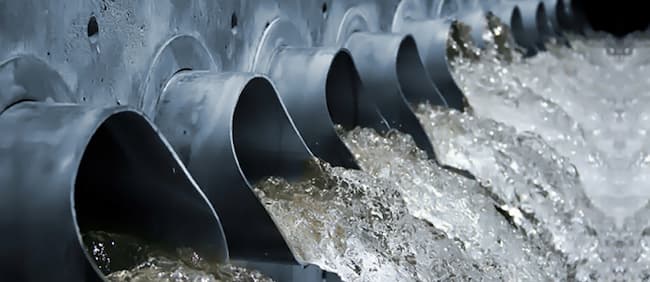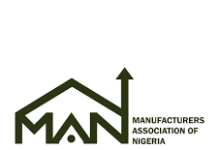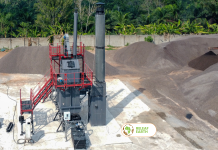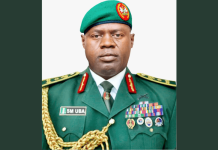The Federal Government has said that the water bill was still before the National Assembly and would be passed despite the political rigmarole surrounding its delay.
Giving the assurance was the Minister of Water Resources, Sulaiman Adamu, atthe Presidential Villa, Abuja, noting that there had been deliberate misinformation spreading concerning the bill.
He added that the reintroduction of the bill would help harmonise the bill that exists in “four different laws”.
Adamus said, “We’re still working with the National Assembly on this bill. I think probably they were so engrossed with the PIB and the electoral bill, which are, of course, serious national priorities, and they were not able to come to talk about it.
“But already, we have done all the things that needed to be done. The issue that was raised, the technical issue about gazetting had been addressed. So, the bill is still before the National Assembly.
“Obviously, I have said so much about this bill, people have been deliberately misinformed. The bill was deliberately politicised unnecessarily, something that is good for the development of the country. And in any case, 96, 97 per cent of the provisions in that bill are already existing in four different laws. Water Resources Act 2004, Nigeria Hydrological Services Act, River Basin Development Authorities Act, and the National Water Resources Institute Act.
“The first purpose of bringing this bill was to put all these bills under one booklet, instead of having four separate laws, just consolidate them into one statute.
“That is number one. Number two is that Nigeria, like all other countries in the world, has adopted the concept of Integrated Water Resources Management. And that is why today, we’re enjoying the category two UNESCO centre of Integrated River Basin Management that is based in Kaduna.
“It is a centre of excellence, funded by UNESCO to promote integrated River Basin Management and we are getting people from all parts of West Africa region to come and learn about River Basin management there.
“So on the basis of that, powers that were hitherto vested in the Minister of Water Resources, are being devolved to the communities, to stakeholders within the basins. And what this means is that whereas on the basis of the Water Resources Act that is existing, I as Minister can’t determine where any project can be put without any recourse to anybody. Under this new Integrated Water Resources Management concept, we’ll have to go down and talk to the communities involved.
“We have to have their buy-in, we have to agree so we’ll have to hold town hall meetings, we have to set up catchment management committees, the Integrated Water system management commission that is saddled with that responsibility was set up in 2007.
READ ALSO: Three Arrested For Illegal Export Of Pangolin Scales, Elephant Tusk
“This is the organisation that provides licencing, you cannot get a licence to have a power plant without a water licence. Right? That’s what is happening now through the Integrated Water Management Commission. So, this law, also there is a provision within the bill to strengthen this agency.
“All the people that are mining water, have to go there to get a water licence and pay a tariff, it is gazetted by law. But right now, they are operating on the basis of delegated powers of the minister.
“And what we want is for them to stand alone. That means I can withdraw these delegated powers anytime and apply them myself.
“But if we have what we have provided in the bill, there will be independence, as the National Electricity Regulatory Commission. They will not be answerable to the Minister, they will be answerable to the people.
“And the bill provides that the Commission will have members nominated by the president, cleared by the National Assembly, they have to be confirmed by the National Assembly and they will be representatives of all the geopolitical zones of this country.
“So, we are democratising the process of Water Resources development in this country.
“And some people went to town and said that we want to cheat people. The exact thing this bill is trying not to do is what is being fed into the minds of people. And I don’t understand why. We’ve talked, we’ve talked and we’ll keep talking. Well, we’re committed to this.
“This bill, by the way, was drafted in 2006. The Buhari administration came in 2015. So, it’s something we met, just like our ongoing project, is exactly what we met. We just wanted to continue where others failed to. And the bill went to the Federal Executive Council and it was approved in September 2016.”












